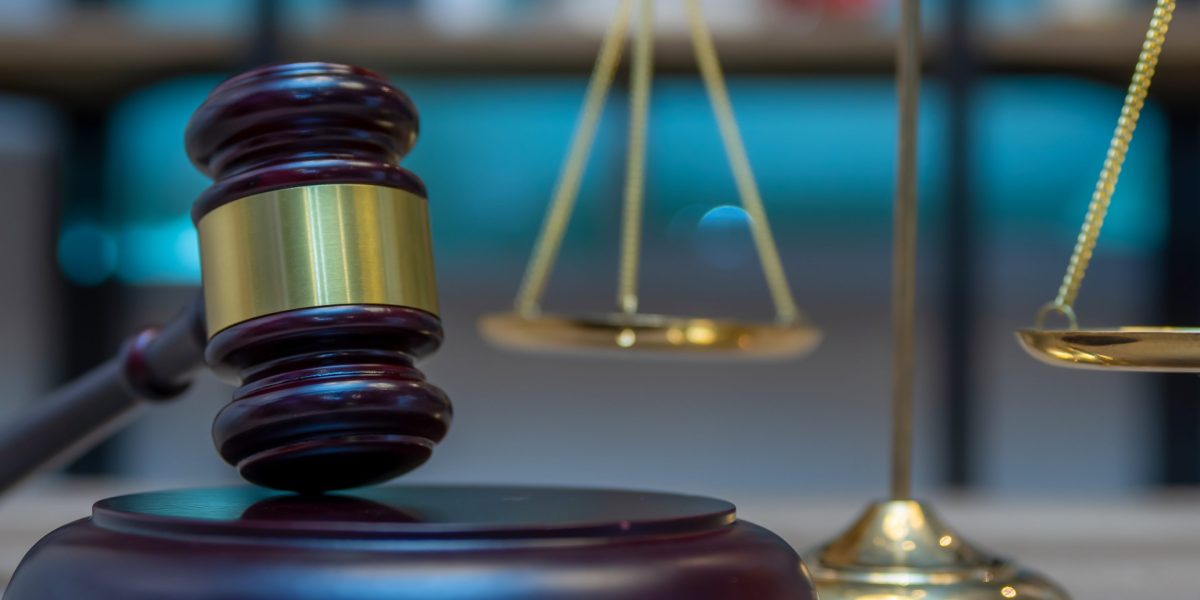Some professions, such as the legal field, are poised to undergo transformations due to the integration of artificial intelligence. However, there is a growing concern about individuals placing excessive trust in AI capabilities.
One such individual is Zachariah Crabill, who succumbed to the allure of using ChatGPT in May, following his promotion to a lead attorney position at a law firm in Colorado Springs.
As reported by local TV station KRDO, the AI tool aided him in drafting a motion within hours, significantly reducing his workload. Yet, upon submitting the document to a Colorado court, he discovered a critical error: certain lawsuit citations generated by ChatGPT were fabricated.
In this instance, OpenAI’s ChatGPT, while generally reliable, conjured up plausible scenarios that were entirely fictional. Prior to submitting his work, Crabill failed to verify the authenticity of the circumstances presented.
Upon acknowledging his mistake to the prosecutor, he was reported to the state bar, leading to his dismissal from Baker Law Group in July.
Expressing his remorse in court, Crabill admitted, “My lack of expertise in legal research and writing led to a significant oversight, impacting the quality of service I provide to my clients.”
Crabill’s overreliance on ChatGPT is not an isolated incident. In a separate case, two attorneys in New York were fined $5,000 in June for incorporating hypothetical cases in a legal brief prepared with the assistance of an AI tool.
The prosecutor emphasized the importance of lawyers ensuring the accuracy of their work, stating, “While leveraging AI for support is acceptable, legal professionals bear a fundamental responsibility to validate the content of their submissions.”
Reflecting on the incident, one of the attorneys, Steven A. Schwartz, admitted, “I underestimated the potential for ChatGPT to fabricate scenarios.”
Despite the setbacks, Crabill remains optimistic about the potential of AI tools in the legal domain.
In an interview with Business Insider, he remarked, “I integrate ChatGPT into my daily workflow, akin to how individuals rely on Google for work-related tasks.” He has since founded a company that leverages AI to deliver legal services.
In a recent op-ed published in the Washington Post, Crabill expressed his intention to explore specialized AI solutions tailored for legal professionals to enhance his research and analysis capabilities.
“There is no benefit in resisting the inevitable shift towards AI integration,” he asserted, highlighting his proactive stance towards embracing technological advancements in the legal field.






